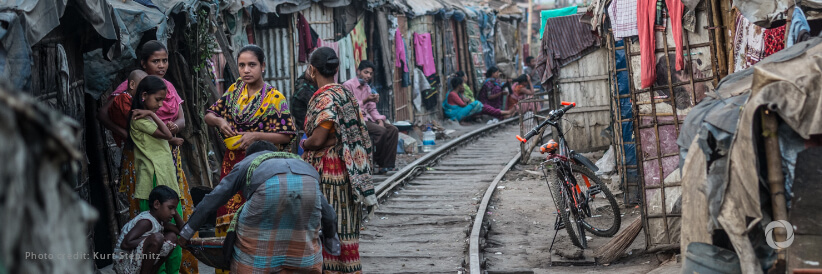7 years since the mass exodus of Rohingya people fleeing violence and persecution in Myanmar, Rohingya families still desperately need aid and protection.
New reports of attacks on Rohingya communities inside Myanmar are a stark reminder of the ongoing danger to civilians there. In recent weeks there have been almost daily attacks on villages in Rakhine state, and more than 300 people were killed in a series of drone attacks in Maungdaw town. Thousands of people have been displaced, with many now once again trying to flee to Bangladesh and other countries to escape the violence.
Almost 1 million Rohingya refugees are registered in Bangladesh, mostly living in overcrowded camps. International funding for the refugee response has dried up over the years, leading to shortages of basic services such as water, food, and education. Inside the camps people continue to face dangers such as fires, which spread rapidly among the densely packed and flimsy structures, and rising crime with youth trapped in a cycle of poverty and unemployment. Around half a million Rohingya children are growing up in these camps and many are out of school and lack hope for the future.
A call to international governments to protect Rohingya people
Islamic Relief is calling on international governments to ensure adequate funding so that Rohingya refugees can live in dignity and safety. More support should be given to the countries hosting them – with most in Bangladesh, but also significant numbers hosted by Indonesia and Malaysia.
Rohingya people remaining in Myanmar must also be protected from the ongoing attacks. More than 3.3 million people are displaced across the country. IRW urges international governments to do all they can to pressure state and non-state actors in Myanmar to respect international law. They must protect civilians from harm uphold their rights and allow unimpeded humanitarian access to all people in need.
Islamic Relief has been supporting Rohingya refugees and local host communities in Bangladesh since the influx of people in 2017. Working in coordination with local authorities in Bangladesh, the response is assisting with food, water, and sanitation for 300,000 people.

